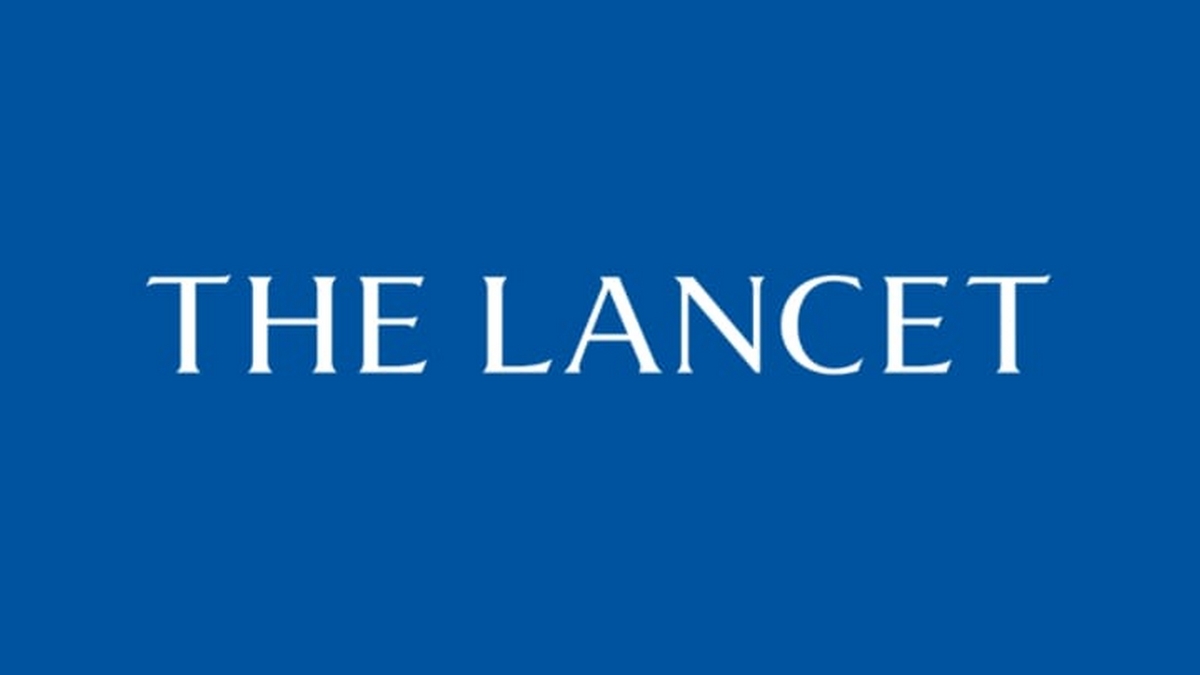ایران به عنوان دومین کشور بزرگ در خاورمیانه ، دارای سابقه ای طولانی در تمدن است که طی آن ساختارهای مرتبط با سلامت در طول دوران های مختلف سازماندهی شده اند. ایران با جایگزینی روشهای سنتی با روش های پزشکی نوین ، ظهور دانشمندان و پزشکان و پیشرفت در علوم گوناگون، تغییرات محیطی و زیست محیطی علاوه بر بلایای طبیعی در مقیاس بزرگ ، اپیدمی بیماریهای واگیر متعدد و … مواجه بوده است و همچنین حرکت به سمت بیماریهای غیر واگیر در دهه های اخیر. با توجه به درسهای آموخته شده از بی ثباتی های سیاسی در سده های گذشته و رویکردهای انجام شده برای غلبه بر چالش های بهداشتی در آن زمان ، ایران امروز پدیدار شده است. ایران اکنون کشوری با جمعیت بیش از 80 میلیون نفر است که عمدتا در مناطق شهری ساکن هستند و بار سنگین بیماریهای غیرواگیر از جمله بیماری های قلبی عروقی ، فشار خون بالا ، دیابت ، اختلالات روانی ، سوء مصرف مواد و صدمات جاده ای را دارد
Iran in transition نشستی با عنوان
در تاریخ 26 خرداد 1398 در دانشکده بهداشت با حضور دکتر فرزادفر، دکتر اکبری ساری و دکتر امیر حسین تکیان به عنوان ارائه دهندگان مقاله چاپ شده در مجله ی لنست برگزار شد
برای مشاهده ی مقاله روی لینک زیر کلیک کنید
summary
Being the second-largest country in the Middle East, Iran has a long history of civilization during which several dynasties have been overthrown and established and health-related structures have been reorganized. Iran has had the replacement of traditional practices with modern medical treatments, emergence of multiple pioneer scientists and physicians with great contributions to the advancement of science, environmental and ecological changes in addition to large-scale natural disasters, epidemics of multiple communicable diseases, and the shift towards non-communicable diseases in recent decades. Given the lessons learnt from political instabilities in the past centuries and the approaches undertaken to overcome health challenges at the time, Iran has emerged as it is today.
Iran is now a country with a population exceeding 80 million, mainly inhabiting urban regions, and has an increasing burden of non-communicable diseases, including cardiovascular diseases, hypertension, diabetes, malignancies, mental disorders, substance abuse, and road injuries.
Iran is now a country with a population exceeding 80 million, mainly inhabiting urban regions, and has an increasing burden of non-communicable diseases, including cardiovascular diseases, hypertension, diabetes, malignancies, mental disorders, substance abuse, and road injuries.



No responses yet